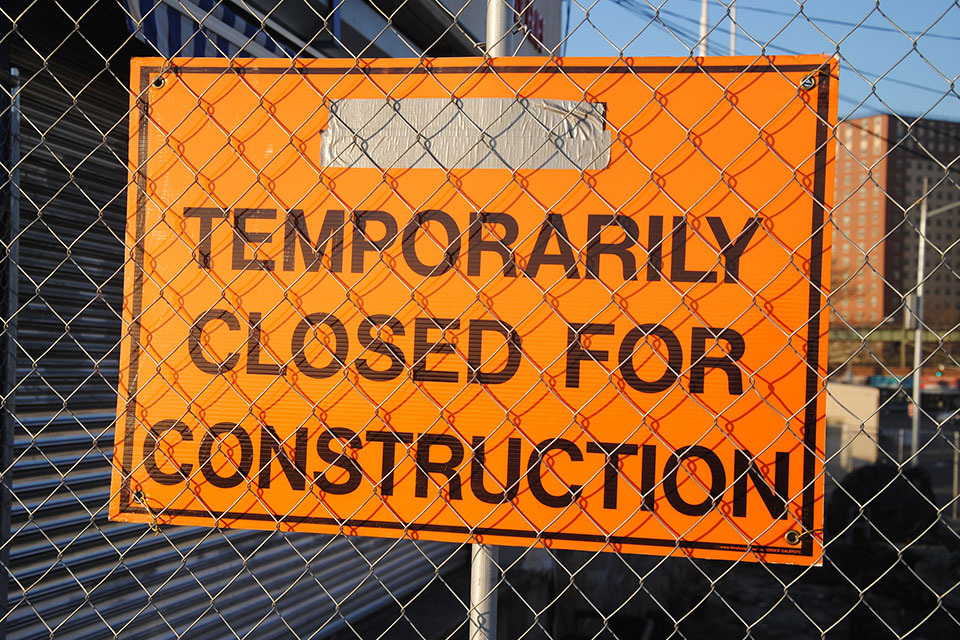Request for proposal for civil engineering services

Making a decision to commence construction work or an overhaul is a difficult and multi-faceted undertaking for an enterprise. Usually it is related to multi-channel planning, collecting (quite often extensive) documentation, finally getting substantial funds.
The most difficult element of the whole process is finding a contractor, which due to the specificity of the construction market may be hard. What then should a request for proposal contain so that there are no problems with the appointment of a contractor? How long should it last? How does seasonality, which is characteristic of this industry, affect the number of offers, and how does the scope of the works requested affect that?
Not described – never built
Civil engineering services are a specific area of sourcing, since they require particularly tight cooperation with the contractor. It begins at the stage of creation of a request for proposal. One must include in it any and all information, which will allow the construction company to elaborate a satisfactory offer. When constructing a request for proposal, remember to inform about:
• the precise scope of works
• the planned date of commencement and completion of the investment
• the possible local site inspection date (if it is not agreed upon individually with the contractor)
• the formal terms the prospective contractor must meet
• the documents the contractor must provide
Don’t go saving on attachments
Technical documentation is necessary for the correct quotation of the planned works. The number of attachments that need to be placed in the request for proposal depends on the level of complication and the scope of works. If one is planning a large investment (e.g. construction of a production hall), the number of documents included in the request for proposal may be counted in dozens or more. Their precise list will differ for each request (it obviously depends on the specificity of the investment). The documents most frequently attached to properly elaborated requests for proposal are:
• the description of works (if it is too extensive to be placed within the content of the request)
• bills of quantities
• material specifications (if the employer requests using their specific types)
• situational plan
• agreement draft
“I’m up to my ears with work” – seasonality of the construction industry
The specificity of construction services in our geographical location makes them largely depend on the season of the year. The majority of works is performed during the warm period and although certain industrial services can be rendered “under the roof”, most of them slows down or ceases when the atmospheric conditions become unfavorable.
This results in the majority of contractors’ planning works often even a year in advance. In order to collect a satisfactory number of replies to the request for proposal one should therefore think and plan for the future. For instance: if one is planning to expand a production hall, which would last from May to September, it would be prudent to publish the request for proposal concerning that procurement in the beginning of the year, in January or February at the latest.
“Three days for an offer?! No way.”
Civil engineering services, especially those, which cover an extensive scope of works, require the contractor to commit a large amount of time to prepare an offer. The duration of the published request for proposal should then be proportional to the level of complication of the investment. One should remember that the more extensive the scope of works is, the less enterprises will be capable of performing them in full. Therefore it would be worth planning a several-week-long “validity” period of the request for proposal, especially for services, which are highly complex. This will allow it to be found by appropriate companies and their calm and to-the-point elaboration of offers.
